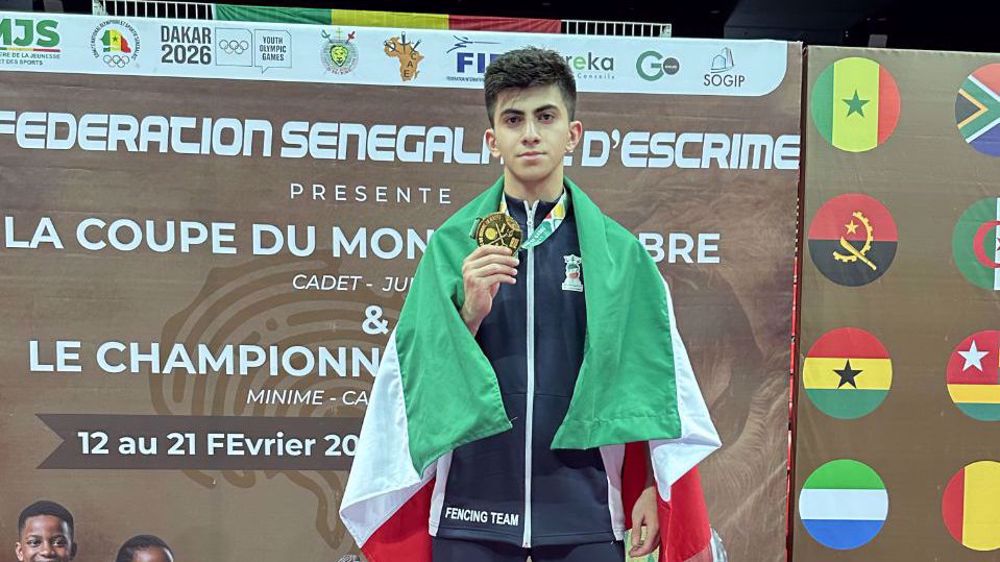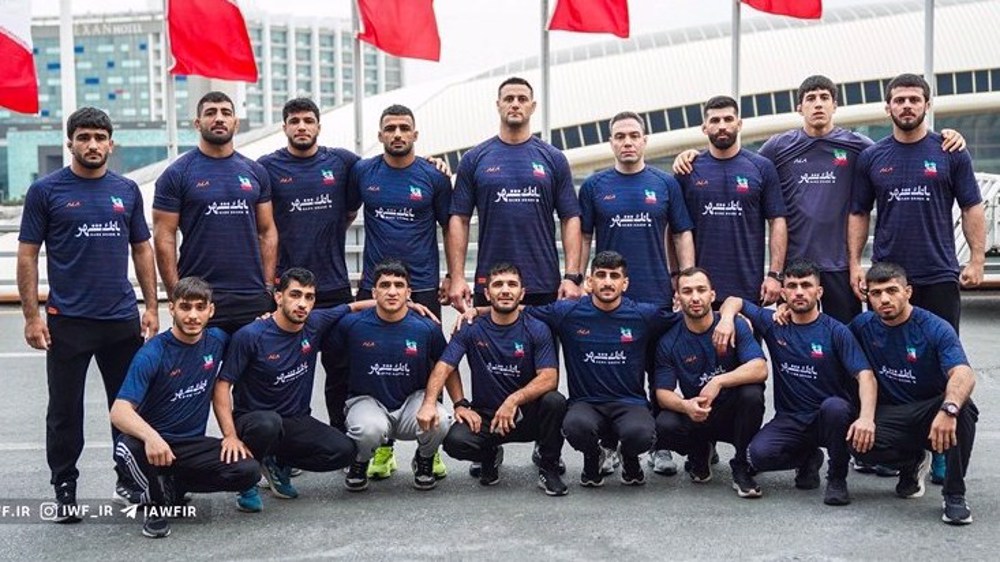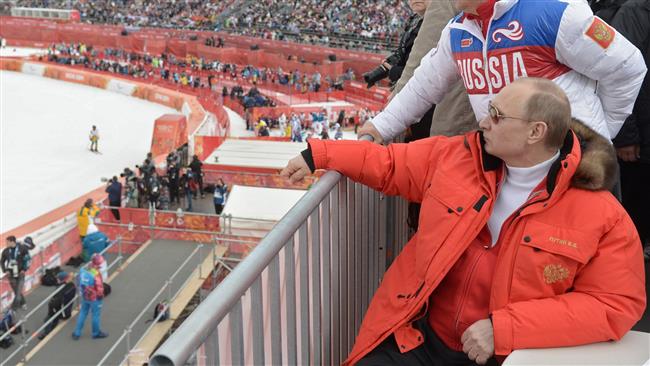IAAF introduces new rule pairing hyperandrogenism with testosterone doping
The IAAF confirmed a new hyperandrogenism rule on Thursday that could prevent South African runner Caster Semenya from competing in 800m and 1500m races.
The new rules effectively give Semenya a choice of taking the medication to restrict her testosterone or move to longer distance events.
To compete internationally, athletes with a Difference of Sexual Development (DSD) must:
* Be recognized at law either as female or as intersex (or equivalent);
* Must reduce her blood testosterone level to below five (5) nmol/L for a continuous period of at least six months (eg, by use of hormonal contraceptives);
* Thereafter she must maintain her blood testosterone level below five (5) nmol/L continuously.
Semenya, double Olympic and triple world champion over 800m and who completed the 800-1500 double at the Commonwealth Games this month, responded to the new rules on Twitter: "I am 97 percent sure you don't like me but I'm 100 percent sure I don't care."
Athletics authorities have struggled to find a solution to the issue that respected the rights of Semenya while also providing what they says is a "level playing field".
Some female rivals had complained that the 27-year-old's hyperandrogenism gave her an unfair competitive advantage. The condition is characterized by higher than usual levels of testosterone, a hormone that increases muscle mass, strength and hemoglobin, which affects endurance.
The IAAF's previous attempts to regulate the issue fell foul of a Court of Arbitration for Sport ruling in 2015 following an appeal on behalf of Indian athlete Dutee Chand, who had been banned from competing because of her testosterone levels.
IAAF President Sebastian Coe said: "We want athletes to be incentivized to make the huge commitment and sacrifice required to excel in the sport, and to inspire new generations to join the sport and aspire to the same excellence."
Coe has previously said that nobody was suggesting Semenya had done anything wrong.
Athletics South Africa said: "Athletics South Africa has taken note of the new classification for females. As a federation, we will study the new regulations and compare them with the CAS recommendations to see if they are compatible and in line.
"We will further seek support from the Minister of Sport and Recreation, SASCOC, other expert institutions and relevant organizations or individuals, so that we have a full grasp of this matter and how it should be properly handled."
(Source: Reuters)
The engineering feat behind Iran’s record gas output
VIDEO | Press TV's news headlines
Freedom of speech, right to protest under assault in UK
Border guards seize cache of weapons, ammunition near Iran-Afghanistan border
Grok to power classified programs as Musk's xAI secures deal with Pentagon
Iraqi FM tells US envoy: Government formation ‘internal matter’
Israel killed Gaza aid workers in ‘execution style’ massacre in 2025: Report
Participation shrinks at Israeli arms expo in wake of Gaza genocide: Report















 This makes it easy to access the Press TV website
This makes it easy to access the Press TV website